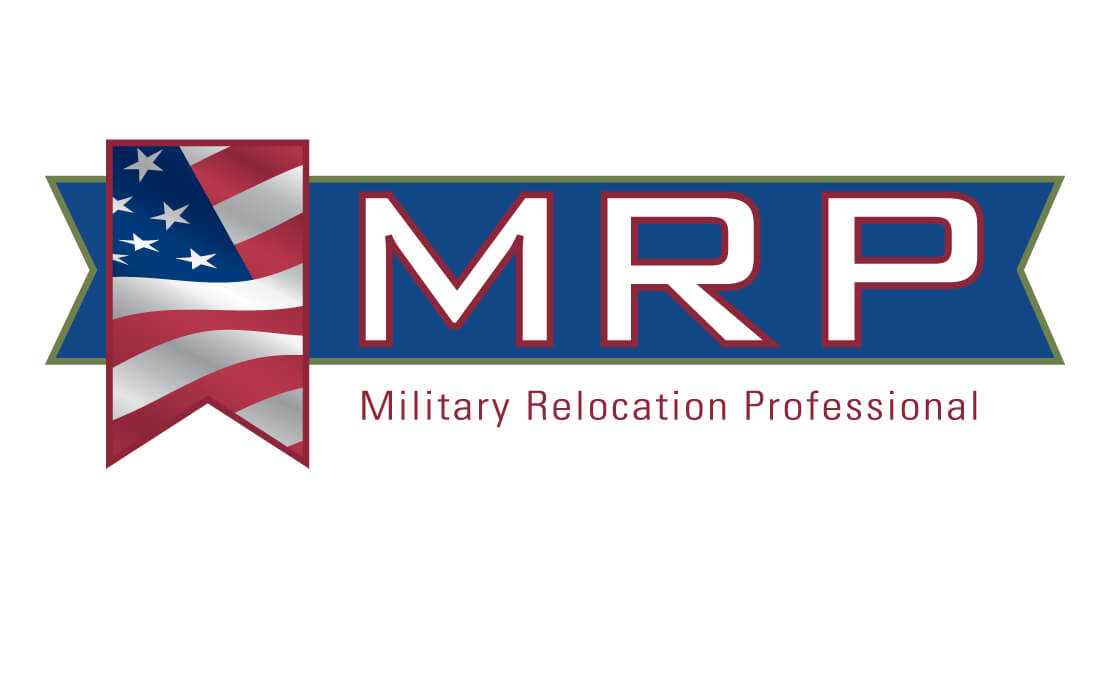Buying a Home
Everyone dreams of owning their own home and the home buying process can be very rewarding. Buying a home is not only one of the largest financial decisions you can make, it can also be a lifestyle change. Choosing an experienced and trusted Realtor can make the purchase of your new home a smooth transaction and keep it from becoming a stressful and confusing process, allowing you and your family to focus on starting your new lifestyle.
Steps to Buying a New Home

Assemble Your Team
Before the house hunting begins, it’s important to have a great team in place to advise and support you throughout the purchase process. You can start putting your team together by finding an experienced local Realtor, one that works and lives in the area you want to buy. A local agent should be very familiar with the area and aware of any pending local projects that may affect your future quality of life or home value. Your agent can help you assemble the rest of your team (lender, inspector, insurance, mover, handyman/contractor) by recommending qualified local professionals.
A good working relationship and constant communication with your agent are necessary for a smooth transaction. While most people already know several licensed real estate agents (maybe a friend, a neighbor, or even a relative), familiarity doesn’t always translate into the proper expertise and local knowledge needed to effectively research, negotiate, and close the sale of your new home. Buying a home is one of the biggest personal financial decisions you will make and not every real estate transaction goes smoothly – you need an experienced local advisor that will keep everything on a professional level through closing.
We’re happy to help you get started, answer any questions, and discuss your options. Buyers who work with us will receive a comprehensive overview of what to expect throughout the entire home buying process. You will also receive our constant communication and follow up with all parties throughout the buying process from the initial consultation through closing and move-in.

Understand Your Budget
Before you determine the price range of homes you would like to see, it is very important to determine not only the maximum amount you can afford but how much you are actually comfortable spending on your new home. New home expenses to consider include the down payment, closing costs, monthly mortgage payments, property taxes, homeowners insurance, any association dues or fees, utilities, and general maintenance costs. You should also budget 1-2% of the home value per year for unforeseen repairs and updates. Your Realtor can help you determine some of the associated costs in your area.
Your income, bank balances, debt balances, and credit history are all factors in determining your ability to borrow and your interest rate, so knowing your financial situation and credit score ahead of time can help you decide if now is a good time to buy or if it’s better to strengthen your financials first. Once you have determined these things, and if you feel that your budget has enough room to afford a new home, then it’s time to begin the mortgage pre-approval process!

Get Pre-Approved
There are many different criteria that lenders (mortgage companies or banks) use to determine how much you can borrow, so the next step is to get pre-approved for your mortgage. You can turn to your bank or a mortgage company, but always try to use an experienced local lender to make sure you are getting the correct local advice, especially here in Florida. An online loan officer in Milwaukee may not be the best option when you’re buying a vacation condo in South Florida, you don’t want to find out 3 days before the closing date that your online lender can’t close the deal after all. Your Realtor should be able to provide a list of experienced local lenders you can contact.
Different banks and mortgage companies will offer different loan origination fees and interest rates, so when looking for a loan be sure to get more than one quote so you can compare fees, interest rates, and loan terms. Mortgage lengths typically range from 15 years to 30 years with some loan providers offering other options as well. The longer the repayment term, the lower the monthly payments will be, however, the interest accrued will also be higher on a longer loan. Once you have your pre-approval, it’s time to go house hunting!

Find a Home
Once you have been pre-approved for a mortgage and know your budget comfort zone, it’s time to find your new home! Sit down with your Realtor and go over any must-haves along with your wish list. Buying a home is exciting but don’t forget to be realistic, there are always some compromises along the way. Your Realtor can help you determine the right neighborhoods for you and send you previews of the listings. Once you decide on the area you want to live in, it’s a good idea to drive through the area in the evening and on weekends to be sure it matches your lifestyle.
If you’re purchasing a home that is in a Homeowners Association or Condo Association then you need to be aware of the covenants and restrictions for that community. For example, some communities have pet restrictions and/or vehicle restrictions, and some communities are restricted to residents who are age 55 or older. Your Realtor can help you choose the right community.
When looking at homes, remember to look at the big picture and don’t get too caught up in things that are easily changed like paint colors, carpet or landscaping. We all want something move-in ready but sometimes a few of your own personal touches or updates can turn something average into your dream home.
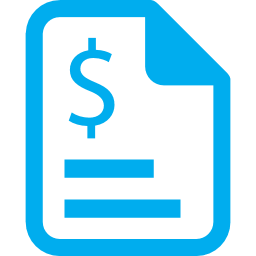
Make An Offer
There is an art to making a successful offer on a home. Your Realtor should research the most recent, most comparable sales and make appropriate adjustments to help determine the home’s current value and give you a recommended offer range. The best practice is to make your best fair offer based on the current market value, low-ball offers well below market value may not be taken seriously by the seller.
There may be room to negotiate and you can always start at a lower offer price, just remember that sellers aren’t obligated to counter your offer and there may be other offers on the table. The seller may choose to accept your offer, reject it, ignore it, or counter it with different terms. Every situation is different and there are many different ways to negotiate the offer (price, closing costs, repairs, dates), your Realtor will help you negotiate the best terms.
Once both the buyer and seller agree to all terms and the contract is signed by all parties, it is considered executed and legally binding. The earnest money (deposit) is typically due upon execution and it’s very important to stay on top of all dates and deadlines in the contract (earnest money, inspection, appraisal, loan approval, closing). A good Realtor will keep track of these important due dates and communicate with all parties involved. Once you have an executed contract and deposit your earnest money you are ready for the inspection.
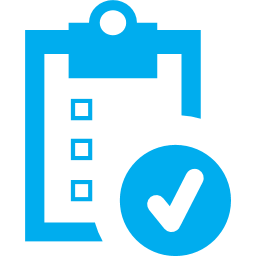
Home Inspection
Getting a home inspection is a vital part of the home buying process and should be done as soon as the sales contract is executed. The general inspection ensures that the home’s roof, heating/cooling systems, electrical system, plumbing, appliances, fixtures, walls, ceilings, windows, and doors are up to local standards. You can also perform specialized inspections for the roof, structural systems, pool, termites, mold, etc. You also want to check for any liens or open permits on the property during the inspection period, these will have to be released or closed prior to closing.
Most properties will have normal wear and tear items on the inspection report, items consistent with the age of the dwelling. If anything besides normal wear and tear is found then (depending on the language in your contract) you can accept as-is, the seller can repair, you can try to renegotiate with the seller, or you can cancel the purchase. If you are financing with a government insured loan (FHA, VA) then some repairs may have to be completed by the seller prior to closing, your Realtor can guide you through this process. Once the inspection is complete, the appraisal will be ordered.
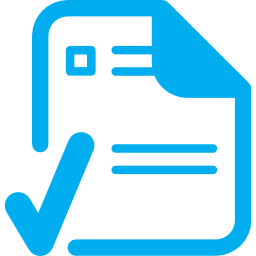
Association Approval
If you are buying a home that is part of a Homeowners Association (HOA) or Condo Association (COA) then you will need their approval to complete the purchase, this is mandatory. You should get any applications and required documentation from your Realtor or the association directly. Plan to allow 3-4 weeks for the approval as many associations outsource the approval process and may also require credit and background checks. Some associations may require a personal interview and orientation prior to approval.
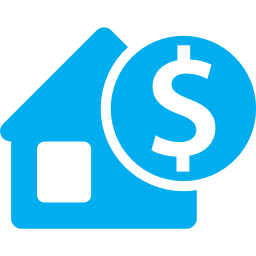
Appraisal
If you are financing the purchase of your new home the mortgage lender will require an appraisal of the property. This is necessary for the lender to assess the collateral value of the home and determine how much they are willing to loan against it. A very common misconception is that an appraisal determines what the home is worth but appraised value is not the same as market value.
Appraised value is the amount the lender uses to assess risk and determine maximum loan amounts on that property at that time. Market value is what the home is worth on the open market – what a qualified buyer is willing to pay for that property at that time.
If the appraised value is less than the contract sales price (market value) then the buyer can either pay the difference between the appraised value and sales price at closing, attempt to renegotiate the sales price with the seller, or cancel the contract. If the appraised value is equal to or greater than the contract purchase price, then the lender can work on finalizing your loan approval so you can close.

Insurance
Homeowners insurance policies cover the costs to fix any covered damages that might occur to the home such as storm damage or fire damage. If you are financing your new home the mortgage lender will require you to carry adequate homeowners insurance. The price of this insurance is dependent on the home’s age, location, value, replacement value of personal property, and the insurance company you choose. Be sure to call around and get several quotes. Agents will often be able to take your information over the phone and get back to you the same day with a quote.
Some attached properties (villas, townhomes) and all condos include exterior hazard insurance in the monthly maintenance fees. This coverage typically only covers the exterior structure and roof of the building, not the interiors of any units. Your lender will likely still require an HO-6 policy to cover the interior contents including sheetrock/walls/ceilings, flooring, appliances, cabinets, etc as well as your personal property.
Once you decide on a company to insure your new home, you can choose to pay the premium directly or have the cost escrowed by the mortgage company (and added to your monthly mortgage payment) and paid on your behalf. If you are financing your home with less than 20% down the lender may require that you escrow your insurance payments.

Prepare to Close
Once the home has been inspected, appraised, and you have satisfied all loan conditions, you can proceed to the closing process. Prior to actually closing and taking possession of the home, you should make all arrangements so the move goes smoothly. Get quotes from several moving companies and research their insurance carrier and claim policies.
Contact the local school board to make arrangements if you have children, and prepare children, elderly family members, and pets for the move. Contact the local utilities and schedule the activations. Some local water utilities require a copy of the closing statement so you can’t initiate service until after closing – find out if this applies to your home (your Realtor can help) and keep this in mind when making moving arrangements.
DO NOT make any large purchases or open any new lines of credit prior to closing – this includes furniture, wait until your mortgage has closed and funded before making large purchases. Opening new lines of credit (loans or credit cards) will change your risk profile to the lender. Making large purchases will change your debt ratios and/or bank balances which could potentially cause a problem with your loan approval.
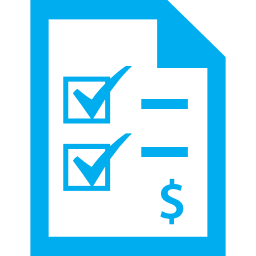
Loan Approval
Once you have an appraisal, association approval, proof of insurance, and have cleared all loan conditions, the lender can approve your mortgage loan and give the “clear to close”. This is usually the last step in the buying process prior to closing and typically happens just a few days before the closing date. Once the title company has the “clear to close” they can start to finalize all closing documents and prepare to close the transaction.

The Closing Process
On the day of closing you will do a final walk-through of the home to be sure everything is in the same condition as when you agreed to purchase it. Before the home is legally transferred to you, all legal documents must be signed by both buyer and seller, and all fees and costs (including the sales price) must be fully funded. During this phase, you will sign all of the mortgage documents, pay closing costs, and sign various other legal transfer documents.

Congratulations!
Once all the papers are signed and the mortgage has funded (seller has been paid) the keys are yours, but don’t forget to change the locks! The move-in may occur immediately after funding or at the date set in the contract and closing documents. Congratulations on your new home!





